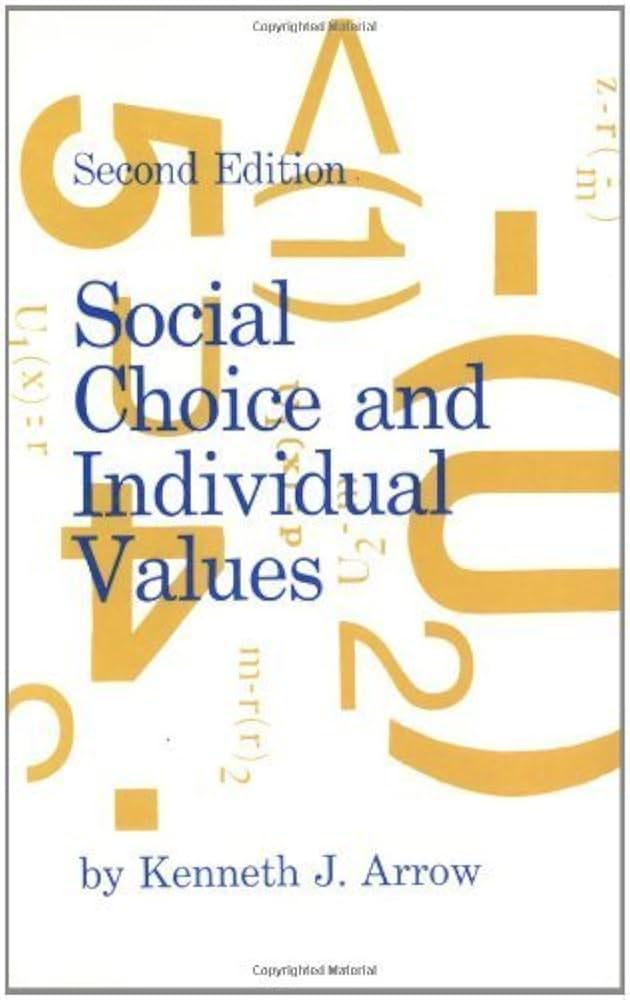Is democracy mathematically impossible? .[embedded content] Arrow’s impossibility theorem is correct given its ‘rationality assumptions.’ To ‘escape’ this, we must therefore abandon some of these assumptions. The non-dictatorship, independence, and Pareto conditions remain quite unassailable. Arrow himself believed that the independence of irrelevant alternatives condition was the most likely to be modified. One way to do this, without compromising the ordinal approach to interpersonal comparisons, would be to assume the possibility of some kind of ’empathy.’ However, this approach does not compare different individuals’ preferences but rather the same person’s preferences in different situations. Individual differences in preferences are not expressed.
Topics:
Lars Pålsson Syll considers the following as important: Economics
This could be interesting, too:
Lars Pålsson Syll writes Schuldenbremse bye bye
Lars Pålsson Syll writes What’s wrong with economics — a primer
Lars Pålsson Syll writes Krigskeynesianismens återkomst
Lars Pålsson Syll writes Finding Eigenvalues and Eigenvectors (student stuff)
Is democracy mathematically impossible?
.
Arrow’s impossibility theorem is correct given its ‘rationality assumptions.’ To ‘escape’ this, we must therefore abandon some of these assumptions. The non-dictatorship, independence, and Pareto conditions remain quite unassailable. Arrow himself believed that the independence of irrelevant alternatives condition was the most likely to be modified. One way to do this, without compromising the ordinal approach to interpersonal comparisons, would be to assume the possibility of some kind of ’empathy.’
 However, this approach does not compare different individuals’ preferences but rather the same person’s preferences in different situations. Individual differences in preferences are not expressed. Therefore, Amartya Sen’s suggestion (towards interpersonal comparisons), despite its obvious limitations, is probably more accessible. The independence condition implies that all choices should be based on pairwise comparisons, and it is not obvious that group decisions must satisfy this ‘consistency condition.’
However, this approach does not compare different individuals’ preferences but rather the same person’s preferences in different situations. Individual differences in preferences are not expressed. Therefore, Amartya Sen’s suggestion (towards interpersonal comparisons), despite its obvious limitations, is probably more accessible. The independence condition implies that all choices should be based on pairwise comparisons, and it is not obvious that group decisions must satisfy this ‘consistency condition.’
While it is indeed a mathematically elegant way to avoid the problems associated with the ‘scoring method,’ there are other ways to bypass this. For instance, by allowing choices to be based on more ‘global information’ where all alternatives are simultaneously compared based on all available information. Even though Sen, for example, argues that this is not a particularly appealing solution, I believe he does not provide any compelling arguments. And since the usual ‘rational choice’ axioms are not even self-evident at the individual level, there is nothing to suggest that they would be more so at the group level.
